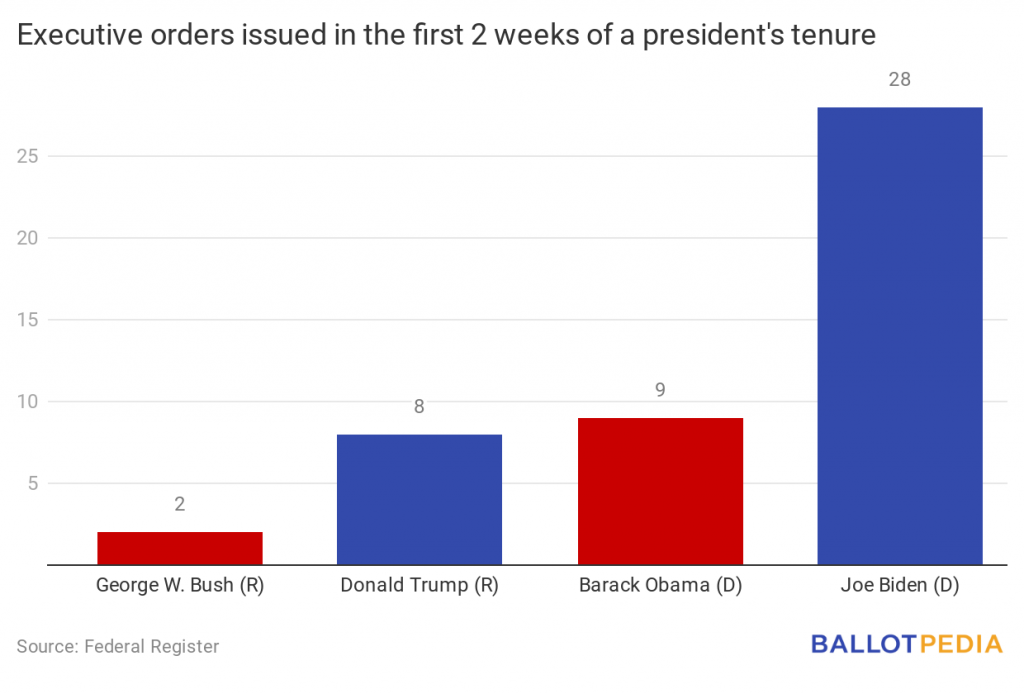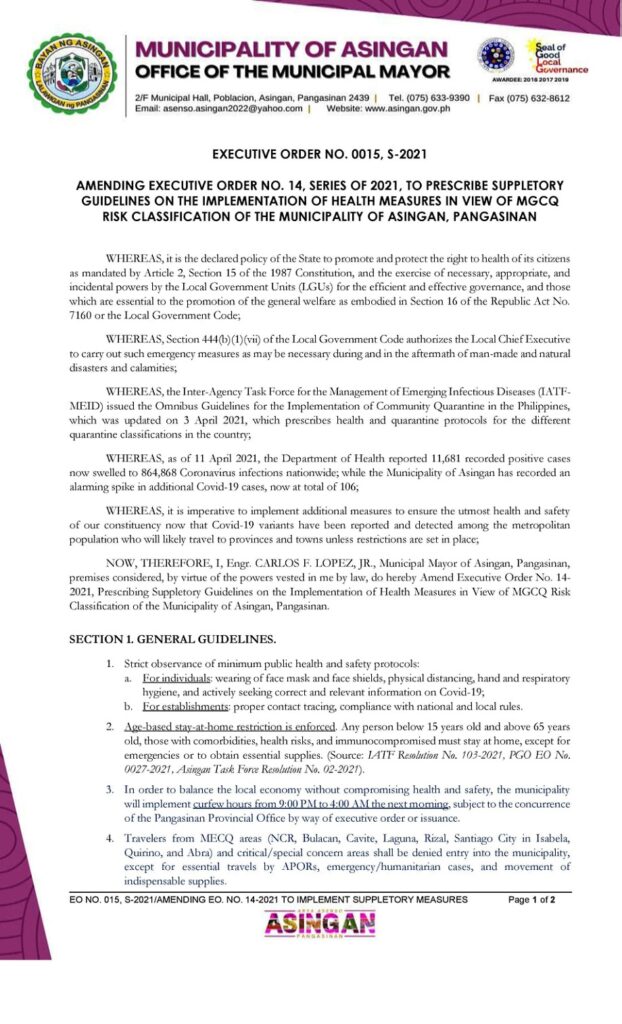


(i) The Secretary of Commerce, in consultation with the heads of appropriate agencies, shall submit a report identifying risks in the semiconductor manufacturing and advanced packaging supply chains and policy recommendations to address these risks. (b) Within 100 days of the date of this order, the specified heads of agencies shall submit the following reports to the President, through the APNSA and the APEP: (a) To advance the policy described in section 1 of this order, the APNSA and the APEP, in coordination with the heads of appropriate agencies, as defined in section 6(a) of this order, shall complete a review of supply chain risks, as outlined in subsection (b) of this section, within 100 days of the date of this order. In implementing this order, the heads of agencies should, as appropriate, consult outside stakeholders - such as those in industry, academia, non-governmental organizations, communities, labor unions, and State, local, and Tribal governments - in order to fulfill the policy identified in section 1 of this order. The Assistant to the President for National Security Affairs (APNSA) and the Assistant to the President for Economic Policy (APEP) shall coordinate the executive branch actions necessary to implement this order through the interagency process identified in National Security Memorandum 2 of Febru(Renewing the National Security Council System). Therefore, it is the policy of my Administration to strengthen the resilience of America’s supply chains. Moreover, close cooperation on resilient supply chains with allies and partners who share our values will foster collective economic and national security and strengthen the capacity to respond to international disasters and emergencies. More resilient supply chains are secure and diverse - facilitating greater domestic production, a range of supply, built-in redundancies, adequate stockpiles, safe and secure digital networks, and a world-class American manufacturing base and workforce. They will also support small businesses, promote prosperity, advance the fight against climate change, and encourage economic growth in communities of color and economically distressed areas. Resilient American supply chains will revitalize and rebuild domestic manufacturing capacity, maintain America’s competitive edge in research and development, and create well-paying jobs. Pandemics and other biological threats, cyber-attacks, climate shocks and extreme weather events, terrorist attacks, geopolitical and economic competition, and other conditions can reduce critical manufacturing capacity and the availability and integrity of critical goods, products, and services. The United States needs resilient, diverse, and secure supply chains to ensure our economic prosperity and national security.

Get Involved Show submenu for “Get Involved””īy the authority vested in me as President by the Constitution and the laws of the United States of America, it is hereby ordered as follows:.The White House Show submenu for “The White House””.Office of the United States Trade Representative.Office of Science and Technology Policy.Executive Offices Show submenu for “Executive Offices””.Administration Show submenu for “Administration””.


 0 kommentar(er)
0 kommentar(er)
